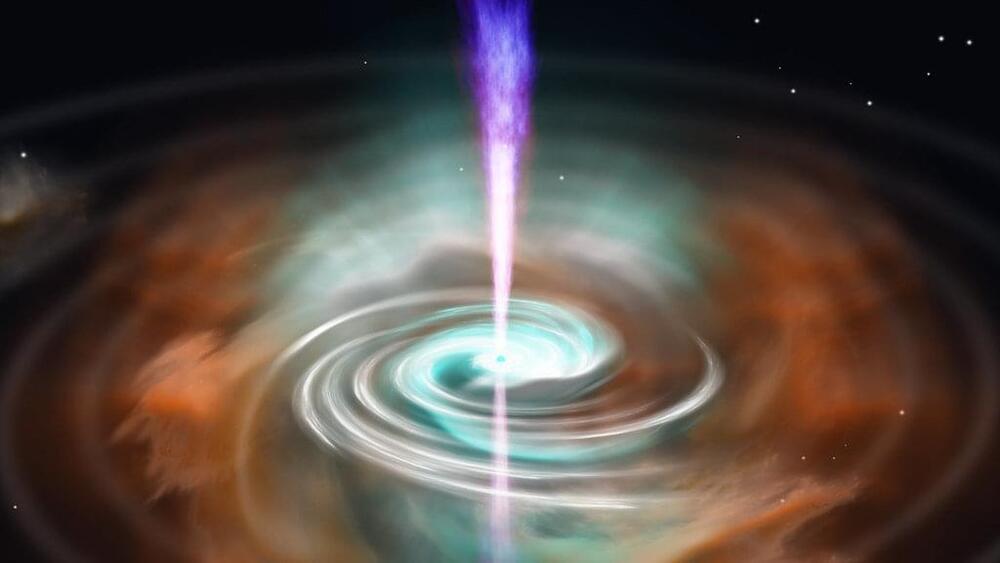Gamma-ray bursts (GRBs) have been detected by satellites orbiting Earth as luminous flashes of the most energetic gamma-ray radiation lasting milliseconds to hundreds of seconds. These catastrophic blasts occur in distant galaxies, billions of light years from Earth.
A sub-type of GRB known as a short-duration GRB starts life when two neutron stars collide. These ultra-dense stars have the mass of our sun compressed down to half the size of a city like London, and in the final moments of their life, just before triggering a GRB, they generate ripples in space-time—known to astronomers as gravitational waves.
Until now, space scientists have largely agreed that the “engine” powering such energetic and short-lived bursts must always come from a newly formed black hole (a region of space-time where gravity is so strong that nothing, not even light, can escape from it). However, new research by an international team of astrophysicists, led by Dr. Nuria Jordana-Mitjans at the University of Bath, is challenging this scientific orthodoxy.
